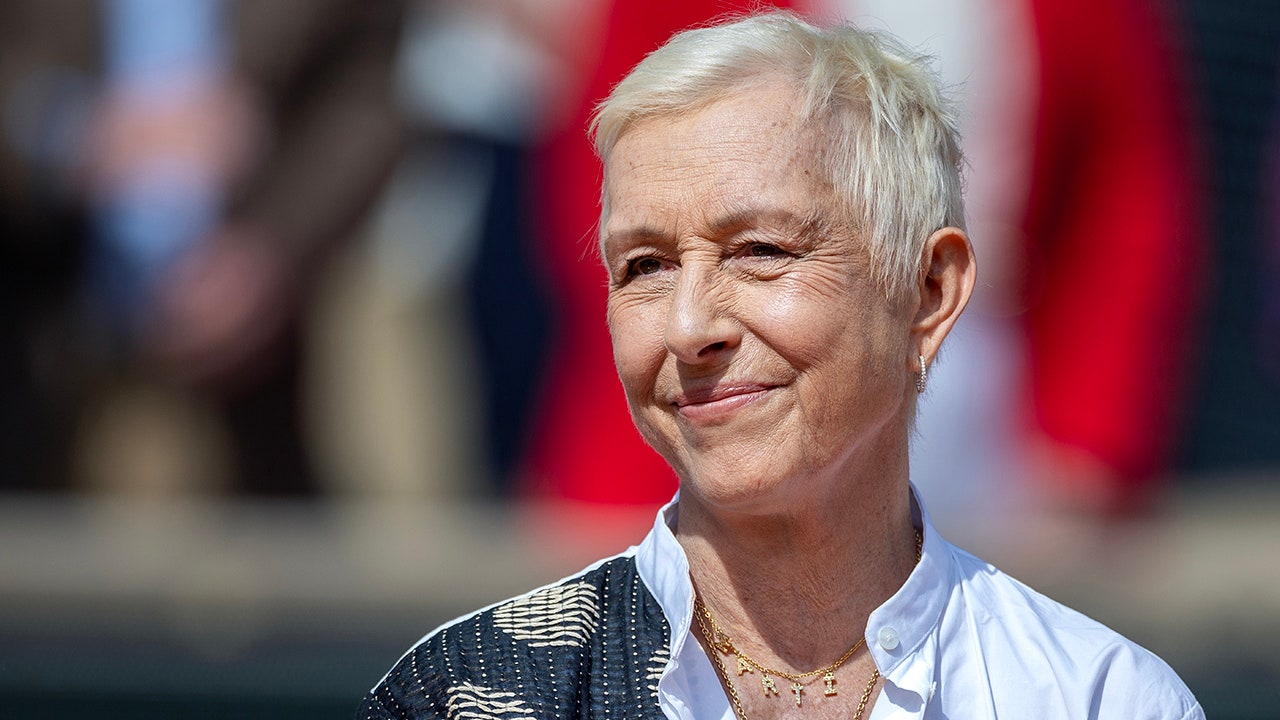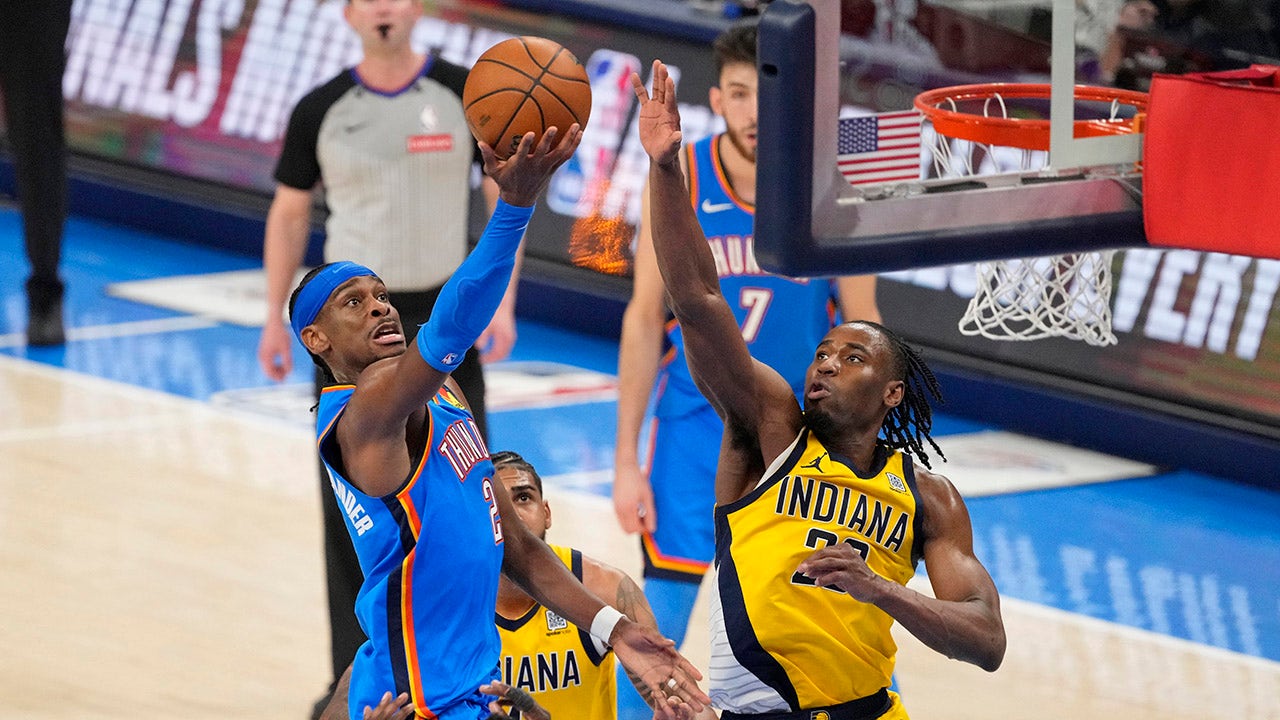‘Nervous energy’ for Canadian athletes balancing stress, excitement with Paris Paralympics 100 days away
;Resize=(620))
Travis Murao calls it “crunch time” and his favourite time of the year.
The wheelchair rugby player and several of his Canadian teammates are feeling the excitement, stress and other emotions with the start of the Paris Paralympics in 100 days on Aug. 28.
“I’m feeling excited. It’s nervous energy,” the 41-year-old Toronto athlete said ahead of his fourth Summer Games. “I’m looking forward to the grind up until the final competition [before the Games].”
Murao and his rugby teammates, who are eyeing their first Paralympic medal since capturing 2012 silver in London, secured a spot for Paris in March with a semifinal win over Germany at a tournament in Trentham, New Zealand.
Iulian Ciobanu is also excited about the experience he will gain playing in his third Paralympic boccia tourney. Also 41, he placed sixth at the 2016 Paralympics in Rio and didn’t advance to the playoff round three years ago in Tokyo.
WATCH | IPC president wants all tickets for Paris sold before opening ceremony:
IPC President Andrew Parsons joins CBC Sports’ Scott Russell ahead of the 2024 Paralympics to talk about how this Paralympics in Paris will be different than any other with 100 days to go.
The Montreal father of two daughters tells CBC Sports he isn’t stressed about competing.
“It’s a positive stress that gives [me] more desire [to compete and] not something [that makes you want] to quit,” he said.
“[There’s no] stress because I’m doing what I like to do.”
For Tess Routliffe, Paris will represent her first Paralympics since Rio, where the Para swimmer from Caledon, Ont., brought home her first Paralympic medal, a silver in the 200-metre individual medley.
“I have waited a long time to be back at the Paralympic Games,” said Routliffe, who missed the Tokyo event with a back injury. “I’m so ready to be there [in Paris] with all the athletes, race again and compete.”
Last week in Toronto, Routliffe shaved nearly one second off her Canadian SB7 record in the 100 breaststroke with a time of one minute 30.47 seconds at the Canadian Olympic and Paralympic trials.
WATCH | Paris Pulse, our weekly Canadian Olympic and Paralympic news update:
In our weekly Canadian Olympic and Paralympic news update, we update recent results at the Artistic Swimming World Cup in Paris and the Boccia World Cup in Montreal.
About 4,400 athletes from 184 countries will compete across 22 sports in Paris.
The Canadian contingent will attempt to improve its performance after leaving Tokyo with five gold medals and 21 podium finishes overall, the team’s fewest at a Paralympics since 1972 in Heidelberg, West Germany.
Last fall, Canada’s 135-member team collected 52 medals at the Parapan Am Games in Santiago, Chile.
Under the Paralympic Performance Recognition program announced this past January, Canadian Paralympians who medal in Paris will be financially rewarded, with event winners receiving $20,000, silver medallists $15,000 and $10,000 for those earning bronze.
This is equal to the amount Canadian Olympians receive, a decision lauded by International Paralympic Committee president Andrew Parsons.
“It shows equality and we welcome initiatives like that,” he said recently in an interview with CBC Sports’ Scott Russell. “If a Canadian [able-bodied] athlete or Para athlete win medals, it’s the same flag, same national anthem, so why not reward them in the same way?”
While now receiving equal pay to their Olympic counterparts, the fight against stereotype continues for Paralympians, who are viewed by some as inspirational because they participate in the Games.
WATCH | Routliffe sets Canadian record at Paralympic trials:
Tess Routliffe of Caledon, Ont., set a Canadian record in the 100-metre breaststroke SB7 final with a time of 1:30.47 at the 2024 Olympic & Paralympic Trials.
“You need to recognize what athletes achieve in the field of play, how inspirational their performances are,” Parsons said. “We want athletes inspiring news athletes. We want to show the world that persons with a disability can be like any other.”
One misconception raised about the Paralympics is it isn’t as serious as the Olympics. Not true, according to 40-year-old Canadian wheelchair rugby player Patrice Dagenais, who suggested many Canadians might not be as educated about Paralympic sports.
“We train hard, we’re real athletes,” said the native of Embrun, Ont., about 45 kilometres southeast of Ottawa. “We do what it takes to be the best athletes we can be, compete at the international level and try to win medals for our country.”
Inclusion and diversity is paramount to the Paralympic movement when considering the makeup of athletes who will compete in Paris. Being universal, or involving everyone, will remain an IPC focus, noted Parsons, while pointing out there will be athletes from more countries than ever attending the Games this summer.
“We believe there is space for everyone. When the athletes go back to their nation, the impact they have in Paralympic sport is incredible, even if it’s one athlete qualifying for the Games or one athlete winning a medal or making an [event] final,” said Parsons, adding the Olympics and Paralympics can change attitudes or be beacons of hope.
“Whenever you experience a Paralympic or Olympic Village and you see all those athletes of different nationalities eating and living under the same roof not fighting and competing at the highest possible level, it’s a good metaphor to the rest of the world.”
Parsons stressed there will be more athletes competing in Paris from specific regions still underrepresented at the Games. And while the IPC has yet to achieve gender parity at the Paralympics, he pointed out it has improved since the 2008 Games in Beijing and the target is a gender-balanced 2032 competition in Brisbane, Australia.






